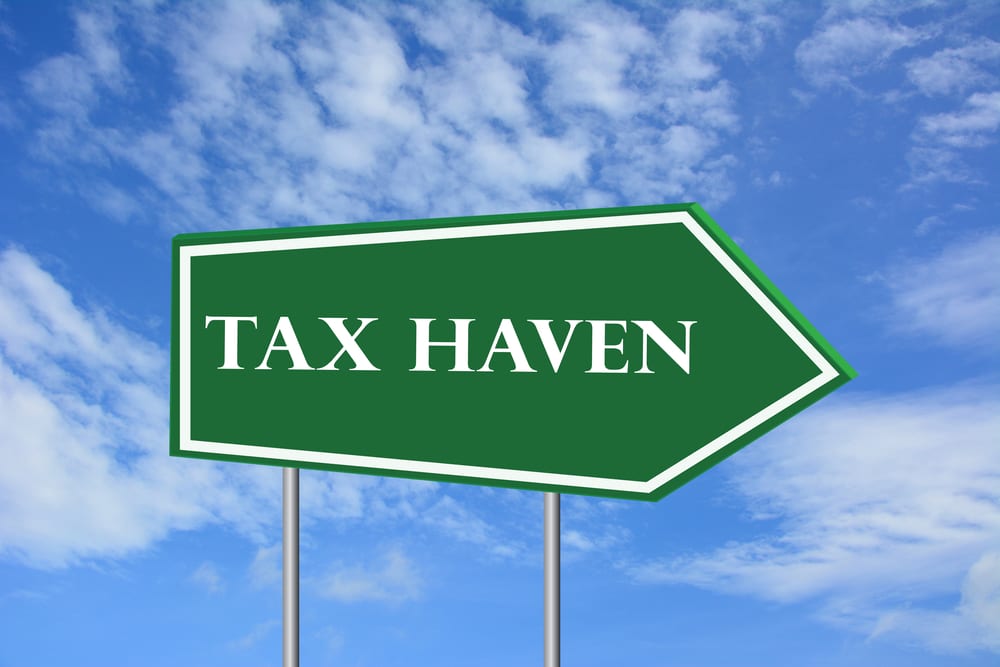Taking Early Retirement with Obamacare

The medical coverage gap is the bane of most early retirees. They leave their jobs and lose their employer-provided medical coverage. They aren’t eligible for Medicare, because they haven’t reached age 65. Unlike Social Security, Medicare doesn’t give you the option of beginning early. You could pay for a continuation of the employer coverage under COBRA, but that usually is expensive and only lasts a maximum of 18 months.
Those who already retired or considering retiring before age 65 should know how the rules will change next year. Most provisions of the Affordable Care Act of 2010 (Obamacare) take effect Jan. 1, 2014, and they will affect pre-65 retirees and others without employer coverage.
In 2014 and after, you won’t be declined coverage because of your age or pre-existing medical conditions. In addition, policies generally have to offer certain minimum levels of coverage, and a lot of preventive care has to be offered without cost to policyholders.
These benefits, however, are likely to result in higher premiums. There’s a debate going on now about the extent of the premium increases. California issued a preliminary report that said it expects premiums to be much lower than initially estimated. But analysts pushed back, saying the report is misleading. The consensus I’ve seen is that premiums on individual policies are likely to be much higher in 2014.
In 2014 you can’t be charged higher premiums because of your health, but you can be charged higher premiums because of your age, tobacco use, and where you live.
You might, however, be eligible for one of the subsidies that begin in 2014, known as premium support. To qualify for the subsidies, your income must be less than 400% of the federal poverty level. In 2013, 400% of the federal poverty level is $45,960 for a one-person household; $62,040 for a two-person household; $78,120 for a three-person household; and $94,200 for a four-person household.
The subsidies put a limit on the premiums you’ll pay. For example, if your income is 300% to 400% of the federal poverty level, your premiums will be up to 9.5% of income. When your income is 133% or less of FPL, your premiums will be only 2% of income.
If you don’t have employer coverage and don’t buy a policy with the minimum specified coverage, you’ll owe a penalty or tax.
Those are the basics. You should learn as much about the new law as you can. Details of specific policies available should be published in late 2013, but you should learn the general framework of the law before then. Good sources of details are the web sites ehealthinsurance.com and kff.org (the Kaiser Family Foundation).
Most insurers are saying you should buy a policy you like now, before all the changes are in effect. Premiums are likely to rise for new coverage next year. You always can change policies next year if the new ones are more attractive to you.
Consider high-deductible policies combined with health savings accounts. These let you put away deductible dollars in the HSA.
![]()





